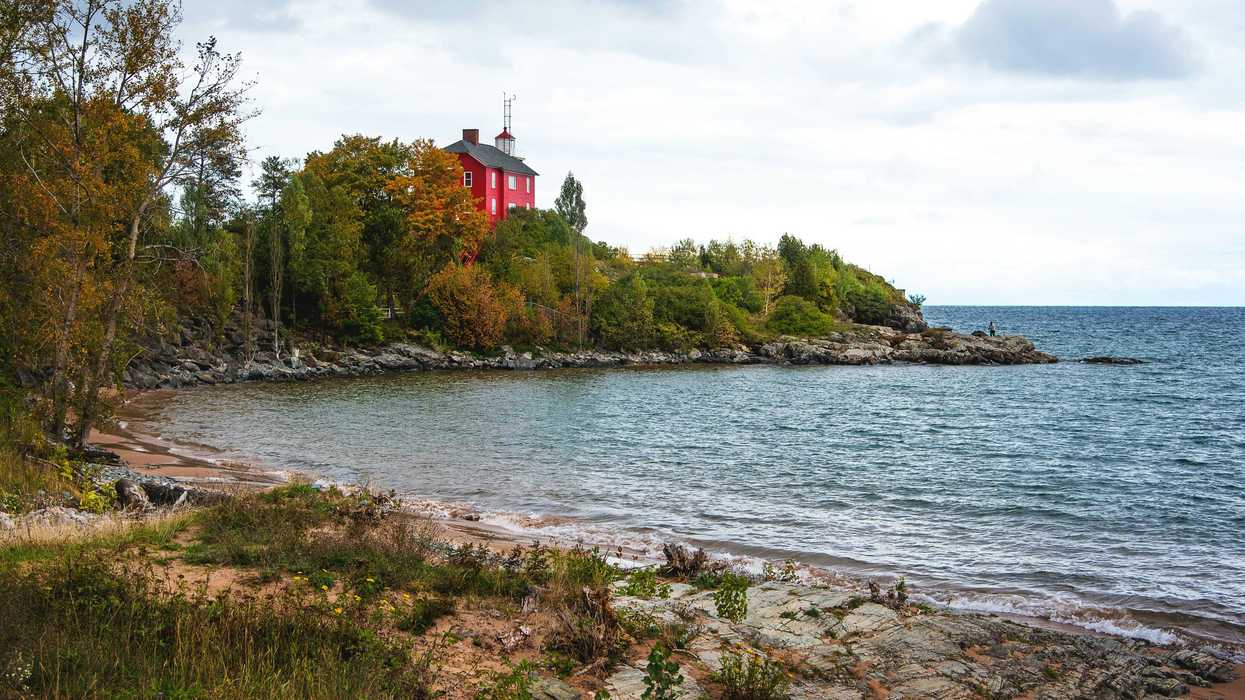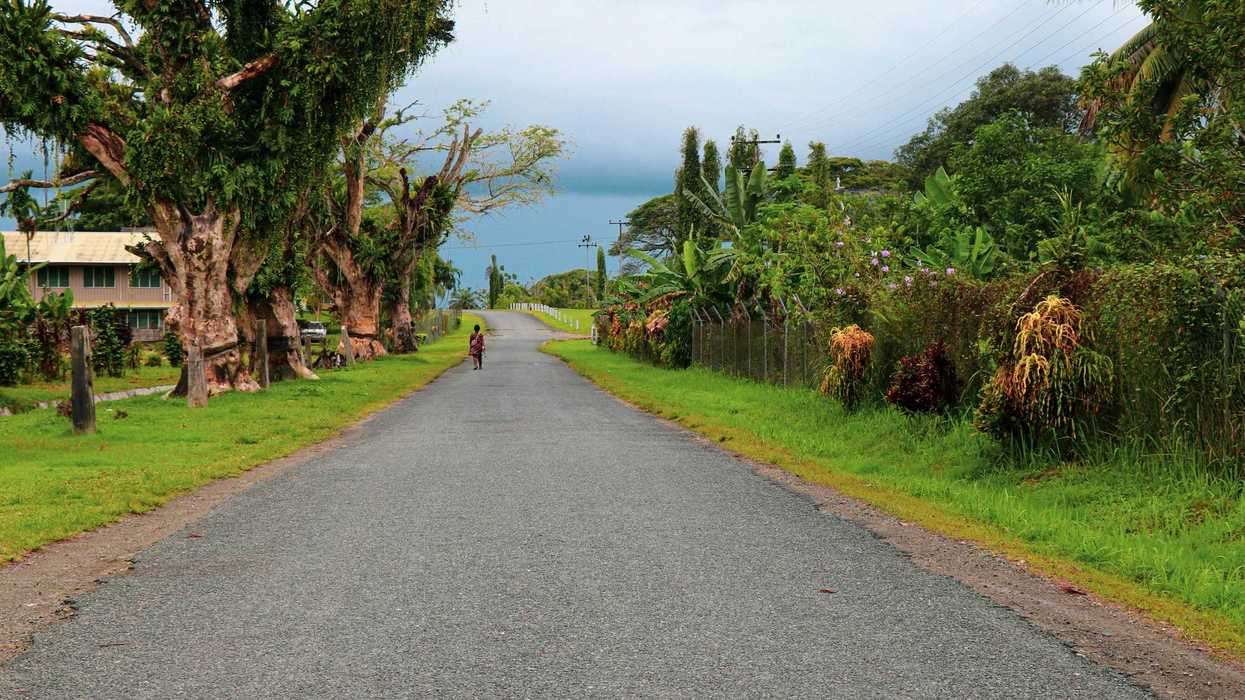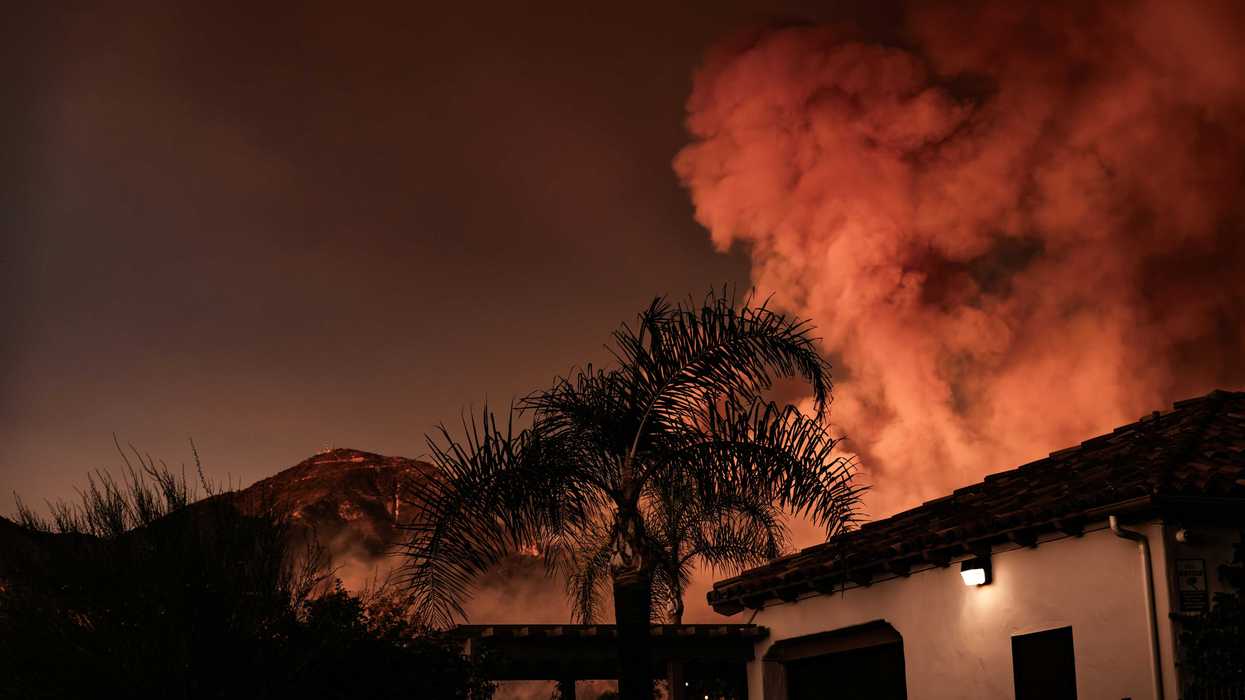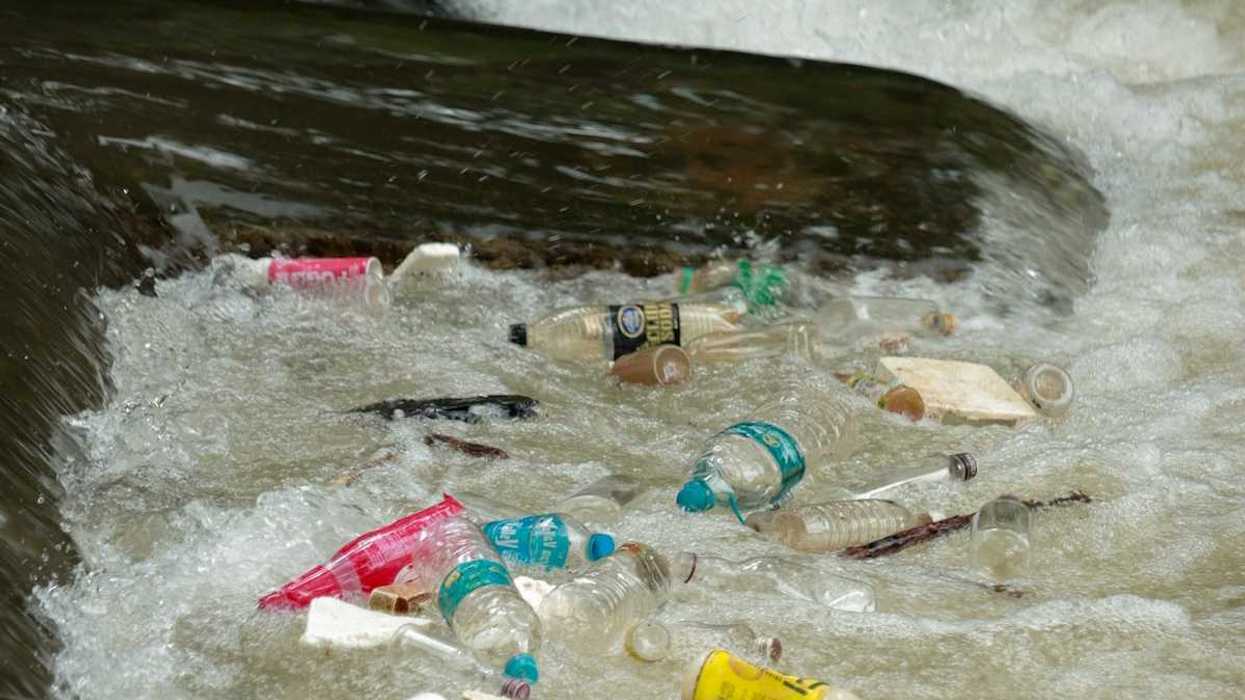Catastrophic flooding in southern Brazil has displaced hundreds of thousands of people, many of whom may never return to their homes.
Marina Dias and Terrence McCoy report for The Washington Post.
In short:
- Severe floods in Porto Alegre, Brazil, have forced many residents to abandon their homes permanently.
- Scientists have long predicted that climate change would lead to mass displacement, with estimates suggesting up to 1.2 billion people could be affected worldwide.
- Brazilian officials are now considering relocating entire communities to higher ground to prevent future catastrophes.
Key quote:
"No, I can’t do this. I can’t live with this fear of water, fear of rain."
— Silvia Titton, Porto Alegre resident
Why this matters:
Climate change is increasingly making parts of the world uninhabitable, forcing people to relocate and creating widespread humanitarian crises. The displaced face uncertain futures, with shelters overflowing and resources stretched thin. Many may never return to their former lives, forced to seek new beginnings far from the places they once knew. This mass displacement not only disrupts lives but also strains social and economic systems, emphasizing the need for comprehensive climate action and sustainable development practices.














